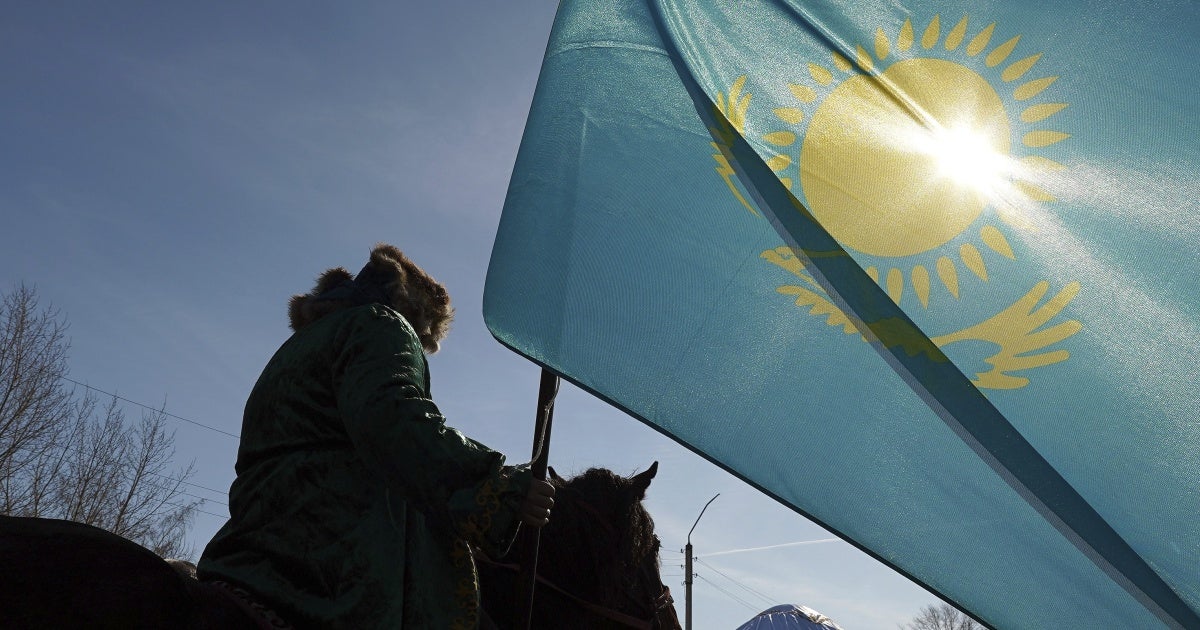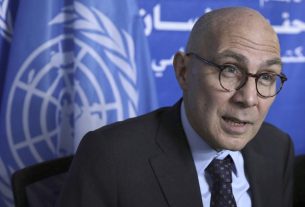On July 26, a court in Kazakhstan’s capital, Astana, sentenced 31-year-old Alexandr Merkul, a stand-up comedian, to 10-days detention on charges of “petty hooliganism” allegedly for using obscene language during a performance in June. It’s yet another instance of the extent of Kazakh authorities’ crackdown on freedom of expression.
Merkul, who pleaded guilty, often touches on social issues during his performances. For example, at the June concert he made a joke that “Kazakhstan is new, poverty is old,” presumably referring to “Zhana Kazakhstan,” a slogan that translates to “New Kazakhstan” and is used regularly by President Kassym-Jomart Tokayev. On this occasion, rather than mere laughter, it seems to have provoked the authorities to respond by prosecuting him for “obscene” words used elsewhere in his act.
March 2023 amendments to Kazakhstan’s administrative code toughened penalties for the use of obscene language in public.
In a May interview on a Kazakh podcast, Merkul remarked that, “it is a bad situation when a comedian [or someone else] is jailed for their words.” Commenting on neighboring Russia’s use of laws to target critical comedians and artists, he reflected that when he writes his scripts, he doesn’t think about [the Kazakh authorities] targeting him. He added that “social and politically important issues” can be best addressed through a good comedian.
Merkul is not the only comedian Kazakh authorities have targeted for hooliganism. In May, an Almaty court sentenced another stand-up comic, Nuraskhan Baskozhayev, to 15 days in detention for swearing in public. Baskozhayev, who also pleaded guilty, had joked about corruption in Kazakhstan and made a comment about massive flooding in the country’s north earlier this year that caused the displacement of at least 120,000 people.
Targeting comedians appears to be part of a wider crackdown on free speech in Kazakhstan. On August 2, a court sentenced Duman Mukhammedkarim, a journalist and activist held in pretrial detention since June 2023, to seven years in prison on charges of “financing extremist activities” and “participating in the activities of a banned extremist organization.” He repeatedly criticized the government in his work.
People in Kazakhstan should be able to express critical opinions and commentary, not least through satire, without fear of retribution. Freedom of expression is not absolute, but international human rights law sets clear boundaries on legitimate government measures to regulate it. Kazakhstan is acting well beyond those boundaries, and it is past time it starts respecting them.



